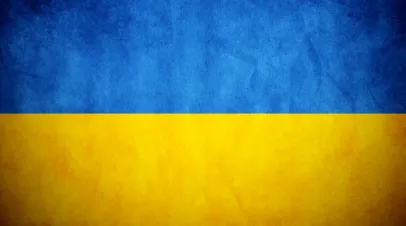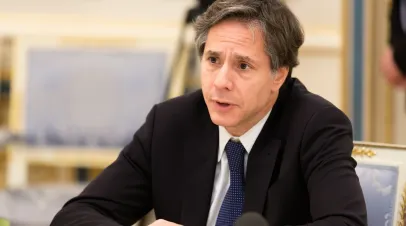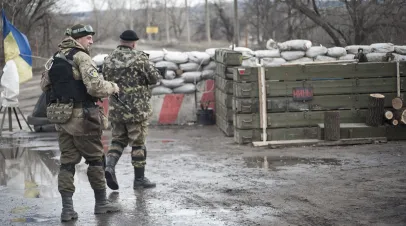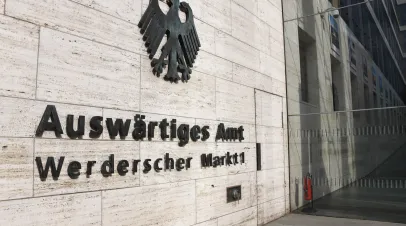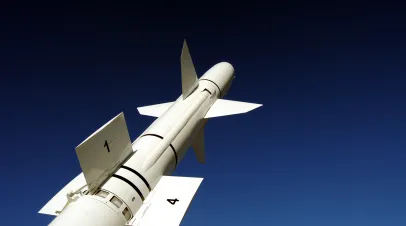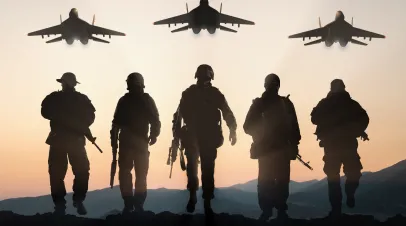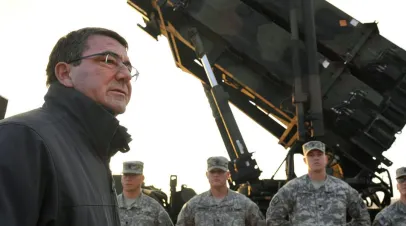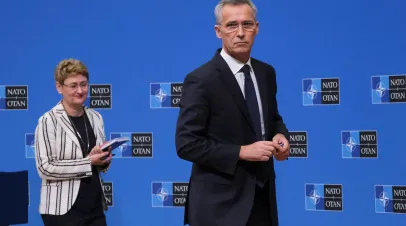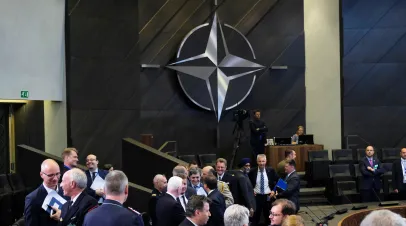Steven Keil
Former Senior FellowSteven Keil is a former Senior Fellow at GMF.
Keil has an extensive analytical track record at the intersection of U.S. national security, regional European security, and Russian foreign policy. He has advised and briefed numerous policy makers on both sides of the Atlantic, and his work has been featured in outlets like Defense One, Defense News, the National Interest, The Hill, and Just Security, among others.
Keil received his bachelor’s from the University of South Dakota in political science, German, and history and holds a master’s degree from Georgetown University’s School of Foreign Service BMW Center of German and European Studies. He speaks German and basic Russian.
Media Mentions
Featured Work
Image
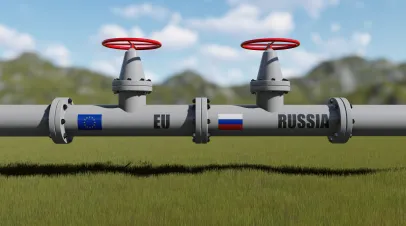
Image
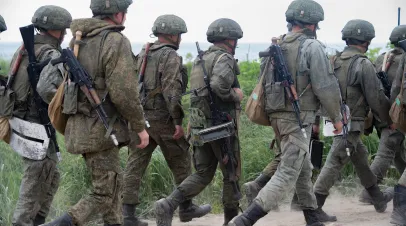
Image
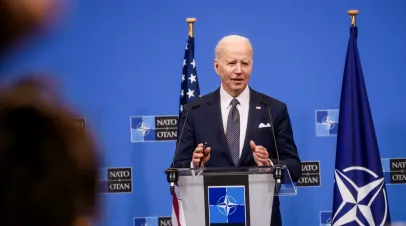
March 28, 2022
“A historical opportunity for unity.” This is how many observers described the gathering of leaders in Brussels last week for an extraordinary NATO...
Image
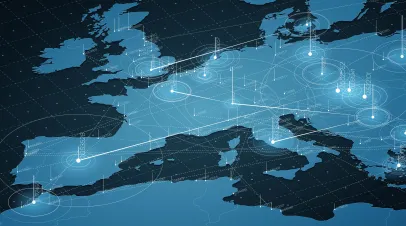
March 22, 2022
Russia’s invasion of Ukraine is a turning point in the post-Cold War European security order....
Image
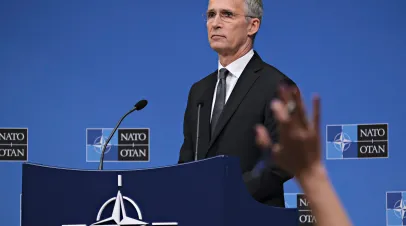
Image
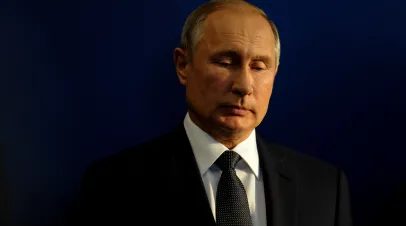
March 2, 2022
Image

February 11, 2022
Image
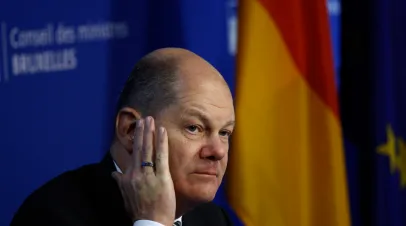
Image
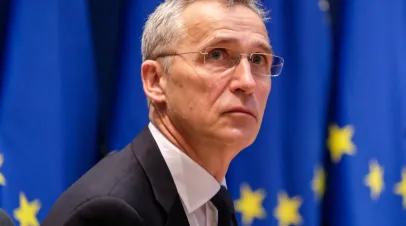
Image
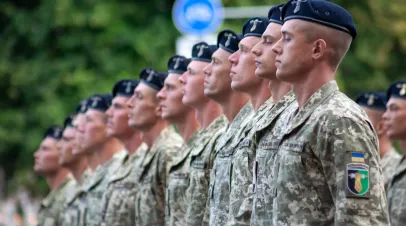
January 27, 2022
The ramifications of Russian aggression are felt far beyond Ukraine. ...
Image
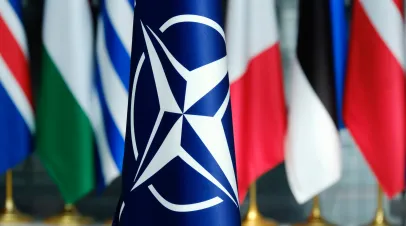
December 15, 2021
Image
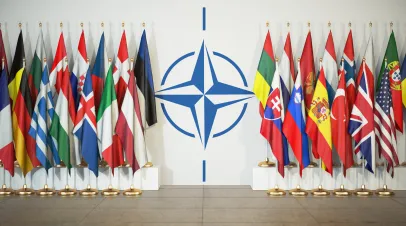
Image
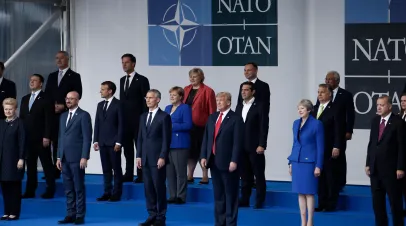
March 16, 2021
After four years of “America First,” Washington’s return to a more cooperative tone has allies across the North Atlantic Treaty Organization breathing...
Image
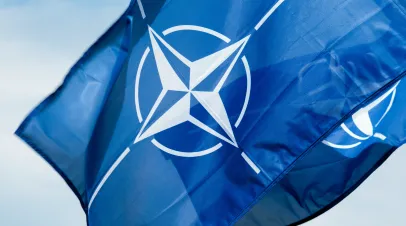
February 16, 2021
NATO’s engagement with partner countries has played a key role in the evolution of the alliance....
Image
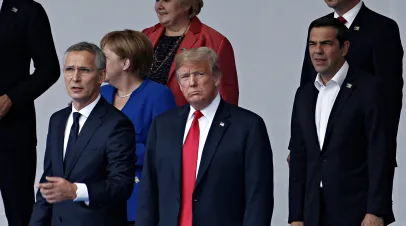
October 14, 2020
Image
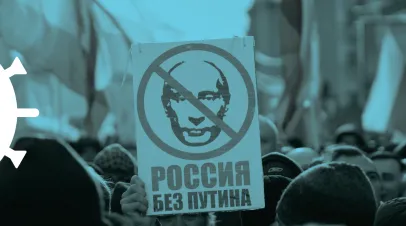
September 11, 2020
Image
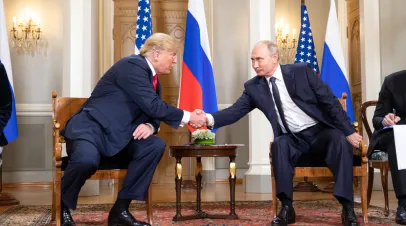
May 12, 2020
Rumblings of U.S.-Russia rapprochement hit like a bolt out of the blue....
Image
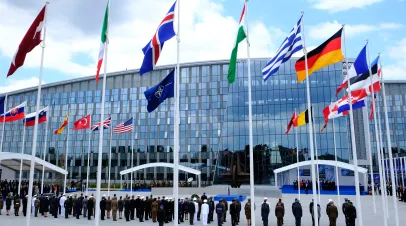
April 14, 2020
The virus is destroying economies and paralyzing societies in ways Russian military planners could only dream....
Image
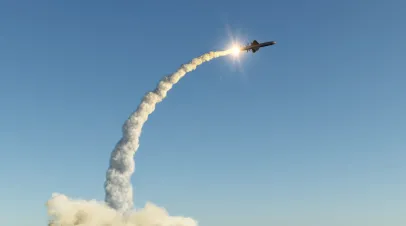
March 10, 2020
Strategic stability was a significant component of U.S.-Soviet relations during the Cold War....
Image
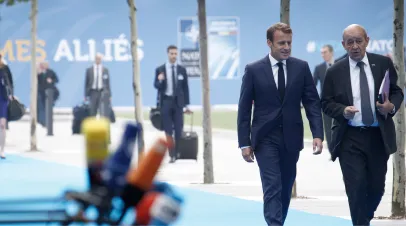
December 17, 2019
Whether reckless, a dubious gamble or a calculated attempt to shift European security policy writ large, French President Emmanuel Macron’s choice...
Image

May 3, 2019
The German Marshall Fund of the United States (GMF) recently organized a group of senior officials and experts to travel to Kansas City, Missouri as...
Image
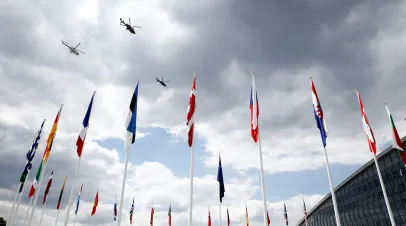
April 2, 2019
In a difficult moment, NATO’s historical success, together with current operational advances, will once again see the alliance through....
Image
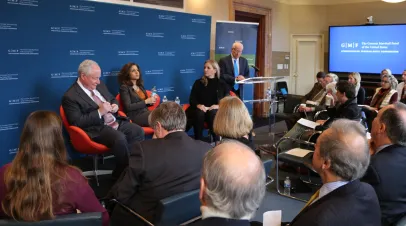
Image

October 1, 2018
With Russia’s posture growing increasingly assertive over the past several years, the transatlantic partners continue to readjust to a new security...
Image
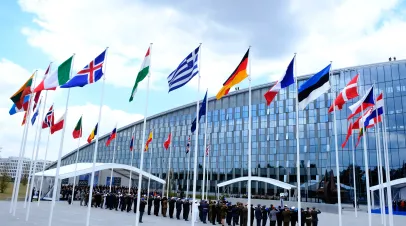
September 25, 2018
Image
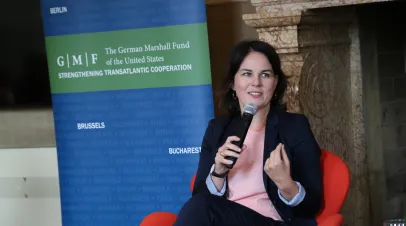
September 14, 2018
Image
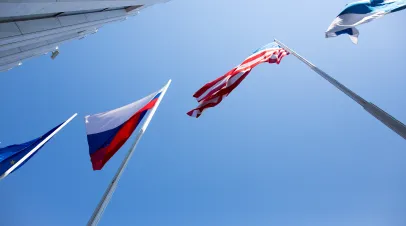
Image
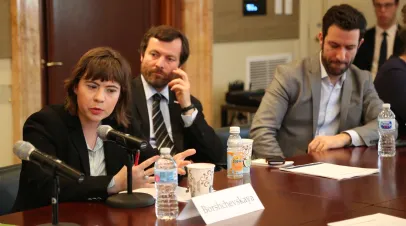
April 18, 2018
Image
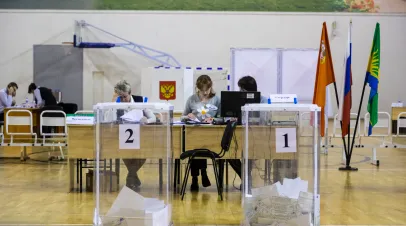
April 10, 2018
Image
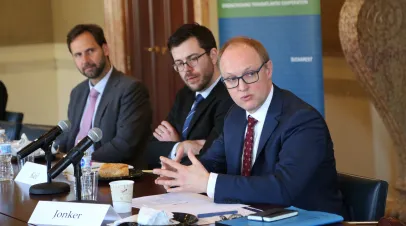
March 27, 2018
Image
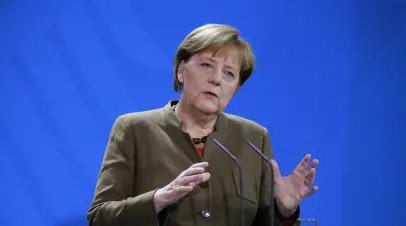
September 27, 2017
Angela Merkel triumphed as predicted in Germany, but the parliament shake-up could change the game. ...
Image
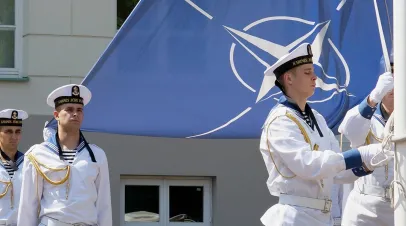
Image
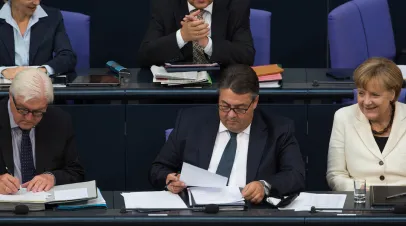
February 16, 2017
Photo credit: Tobias Koch...
Image
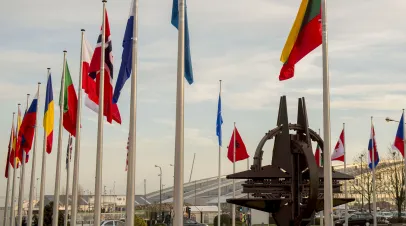
October 14, 2016
Image
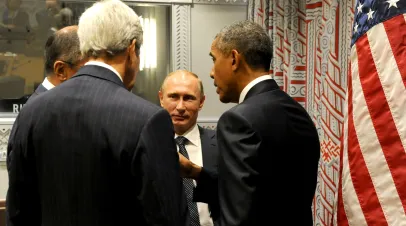
Image
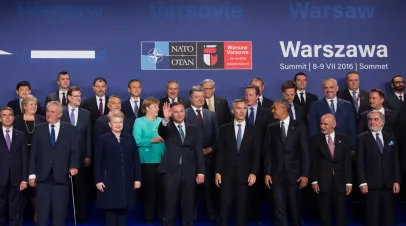
Image
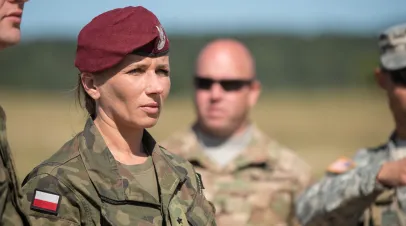
Image
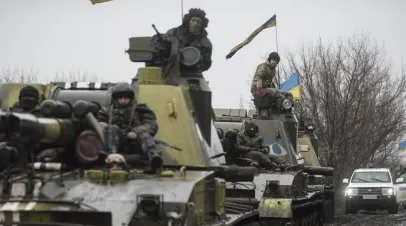
April 10, 2016
Image
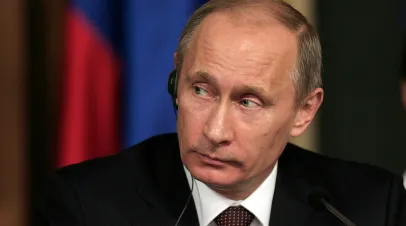
December 2, 2015
Image
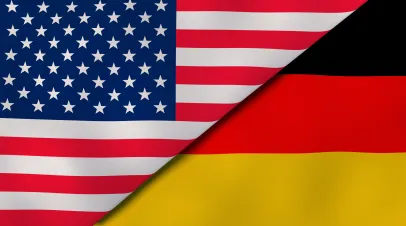
Image
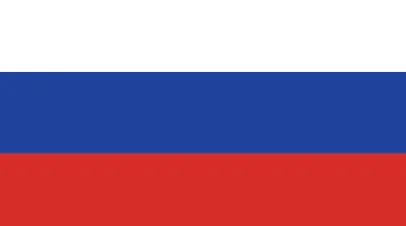
Image
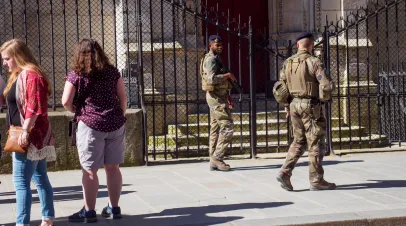
Image
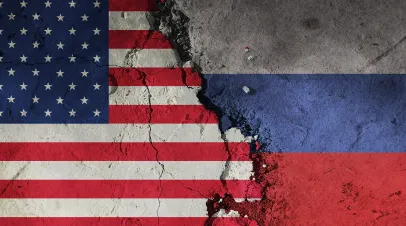
January 21, 2015
Image
